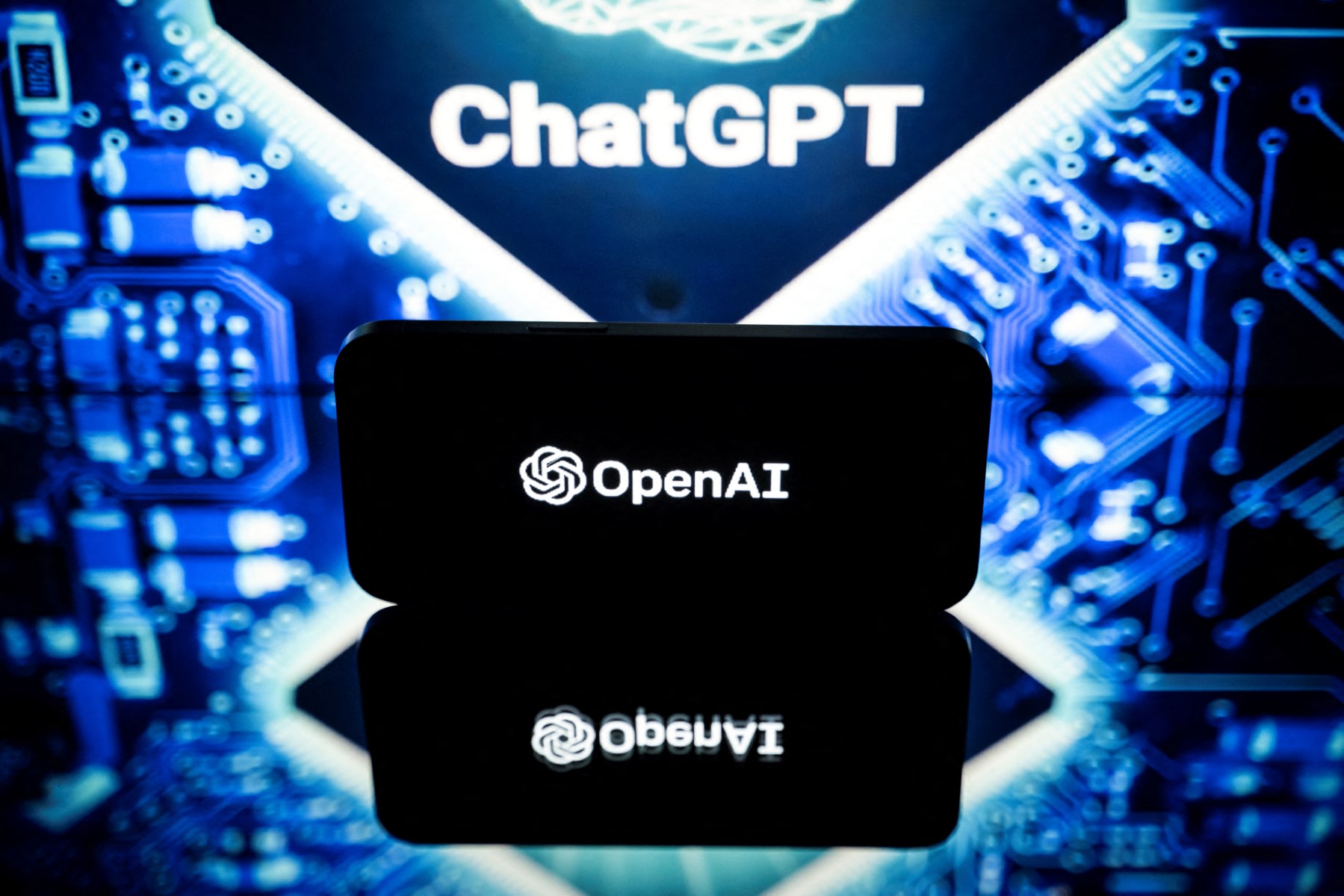San Francisco, United States – ChatGPT maker OpenAI on Monday moved to entice developers with lower prices and the ability to easily tailor artificial intelligence “agents” to help with anything from laundry advice to contract negotiations.
Dreams of the benefits of generative AI — along with fears of the technology’s risks — have been hot topics in the tech world since ChatGPT made its blockbuster debut a year ago.
“We will be able to do more, to create more, and to have more,” Open AI chief executive Sam Altman told developers at a gathering in San Francisco.
“As intelligence is integrated everywhere, we will all have superpowers on demand.”
More than 2 million developers are building on the OpenAI platform, while more than 100 million people use ChatGPT weekly, according to the San Francisco-based startup.
“About a year ago, November 30, we shipped ChatGPT as a low-key research preview,” Altman said.
“That went pretty well,” he quipped.
The launch of ChatGPT ignited an AI race, with contenders including Amazon, Google, Microsoft and Meta.
Altman has testified before US Congress about AI and spoken with heads of state about the technology, as pressure has ramped up steadily to regulate it to control for risks such as AI’s potential use in bioweapons, misinformation and other threats.
President Joe Biden issued an executive order last week on regulating artificial intelligence, aiming for the United States to “lead the way” in global efforts at managing the new technology’s risks.
The order directs federal agencies to set new safety standards for AI systems and requires developers to “share their safety test results and other critical information with the US government,” according to the White House.
The world’s first major summit on AI safety took place last week in the UK, with political and tech leaders discussing possible responses to the society-changing technology.
‘Smarter model’
Altman announced a “Turbo” version of OpenAI’s leading software along with reduced pricing in moves that could fuel the spread of the technology.
“It’s a smarter model,” Altman said of ChatGPT-4 Turbo.
“We decided to prioritize price first, but we’re going to work on speed next.”
OpenAI is rolling out the ability to create custom “agents,” called “GPTs,” capable of handling specific tasks such as business negotiation advice, tips on removing stains from laundry, help with homework, and tech support, it said in a blog post.
“Anyone can easily build their own GPT — no coding is required,” OpenAI said.
“You can make them for yourself, just for your company’s internal use, or for everyone.”
Later this month, OpenAI will launch a GPT “store,” and plans to add a way for developers to make money based on how many people use their GPTs, according to the company.
“I’m really looking forward to Turbo and everything else that you have coming,” Microsoft chief executive Satya Nadella said after joining Altman on stage.
“We love you guys. You guys have built something magical.”
Microsoft has invested billions of dollars in OpenAI and has woven the company’s technology into its offerings, including search engine Bing.
OpenAI’s latest moves should make it easier to create conversational AI interfaces in apps or at websites, opening the option up to more companies, according to Insider Intelligence principal analyst Yory Wurmser.
“Artificial intelligence is nothing but digital brains inside large computers,” OpenAI cofounder and chief scientist Ilya Sutskever said at a recent TED AI conference in San Francisco.
And the day will come when those digital brains “will become smarter than us.”







